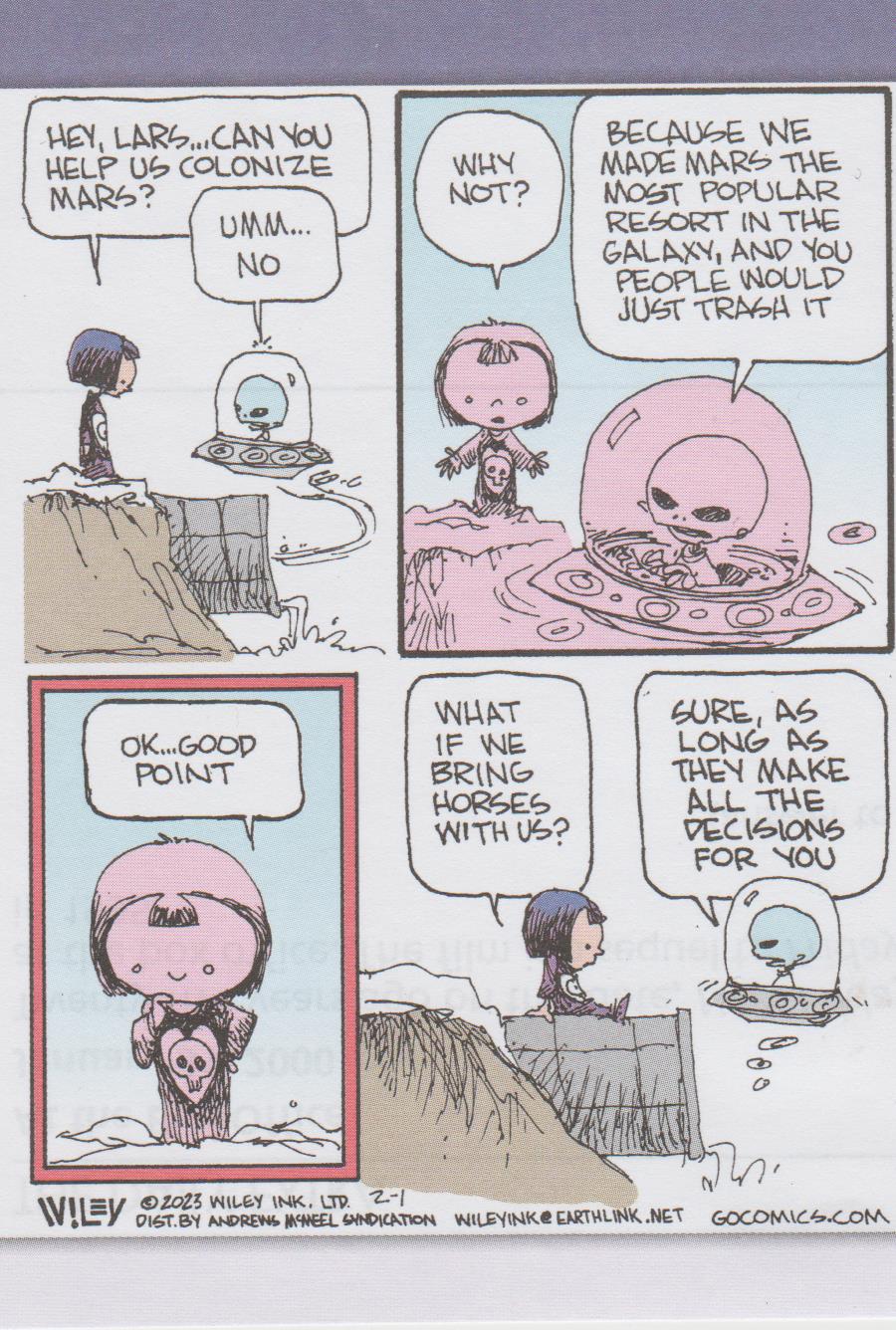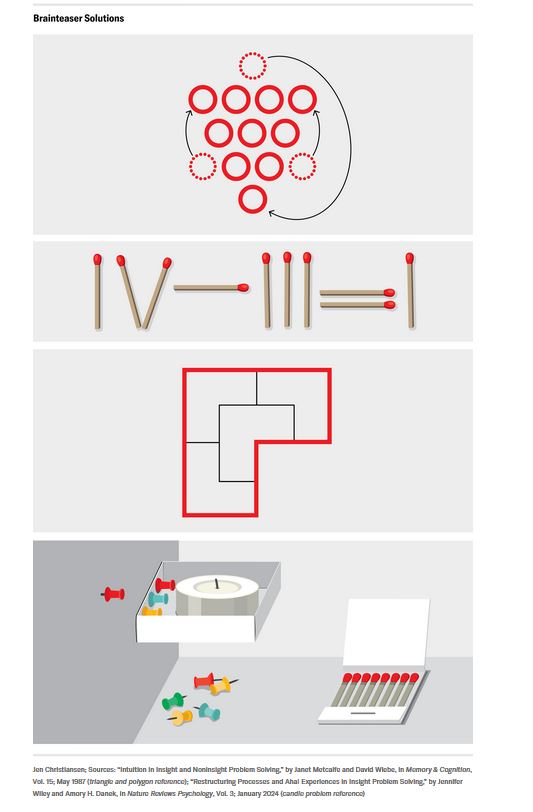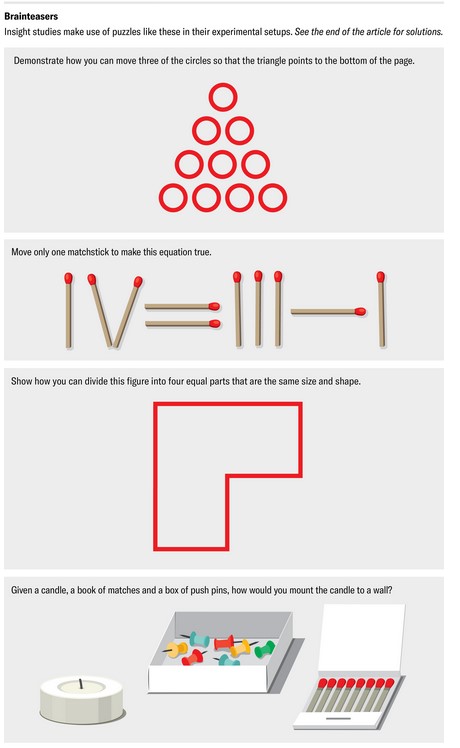In a recent post mariner was baring his life experiences to demonstrate how one’s daily environment, whether work, community or family, sets the rules for one’s personal understanding of how human life works. One can read great books of knowledge and fiction, or watch the fancy visual gizmos of our age and feel as if they understand the complex life of the human primate. Perhaps, but a thin, simplified understanding.
He was watching a documentary on the TV gizmo the subject of which was the importance of dining as a political tool to assist in negotiations. It made the point that eating was a neutral experience, as were the trappings and wine. In this collegial surrounding, more delicate debate points could rise rather than be smashed down as in a typical debate environment. The show reminded mariner that Homo has demonstrated this amenity of survival across the ages.
He selected four examples, one from the early Pleistocene (approximately 1 million years ago), Pre-dynastic Chinese cultures that existed in southern Asia 4500 years ago, the Native American Plains Indian and a contemporary one begun in the European Age of Enlightenment. All four had the benefit of not having to deal with congressmen or corporate economics.
֎ Recent discoveries from several scientific sources have discovered small villages with mud and straw homes in different geographical parts of Africa. These little villages were independent communities; they had no roads to anywhere and became excellent hunters because of the oft-mentioned advantages of sweat and two-legged motion – much more efficient than hunting on four legs (try it). The economics of each of these villages was tightly associated with an organized team of hunters and gatherers. Given the constraints of living off the land, the primary social event was eating today’s kill. (Mariner believes primitive forms of square dancing occurred during this time}.
֎ Along the Yellow River in southern China, the village of Banpo existed 4500 years ago. Villages were closer to one another than they were in Africa so conflicts occurred between towns. What emerged were inter-village conferences to end conflict or avoid it. The economics of the villages included simple trading of important foods; this is the Iron Age so weaponry had to be manufactured as well. The terrain of southern China wasn’t too abundant so access to hunting grounds was a common issue. These talks needed to be fed which very shortly led to the first dynasty in China – the Xia Dynasty. Still, each village was pretty much isolated and recently attained food – AKA dinner – was important.
֎The next example is the Native American Plains Indian culture that lasted 10,000 years until white people visited. The Indian culture remained nomadic until its untimely demise because the tribes moved with the American Bison and certain indigenous plants. Again, procuring food was an ‘all hands on deck’ enterprise and tribal feasts were a relaxed celebration. (Mariner also suspects that some elements of square dancing emerged here as well.)
֎This last example may be familiar with most readers. It is a number of religious sects that practiced Christianity but did not accept capitalism or baptism: those groups followed a social belief that does not believe in infant baptism rather they required personal commitment. Familiar sects today are Amish, Hutterites and Mennonites. These groups broke away from the Christian Reformation over the issue of infant baptism, which the Anabaptists didn’t believe in. Fascinating is the retreat from a booming economic era to live on self-sustaining farms and integrated services like reins, horse drawn plows, etc. In the remaining parishes that still abide by the anti-capitalism position, did you know no member of the parish receives a salary? The GDP is shared among every member – including many common dinner celebrations.
So, while in the recent post mariner delineated US economic differences in classes, the Anabaptists are at the other end where, within the congregation, there is no economic class discrimination.
However, in today’s national parish of 300 million, self-sufficiency is out of the question. Not every member gets the choice to celebrate dinner.
It is notable, however, that square dancing has survived everywhere.
Ancient Mariner





